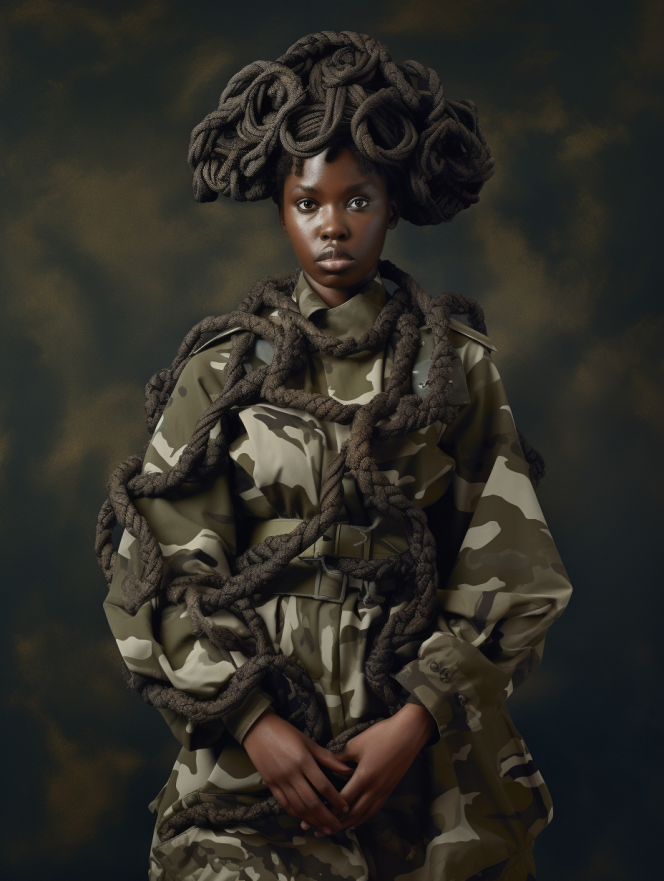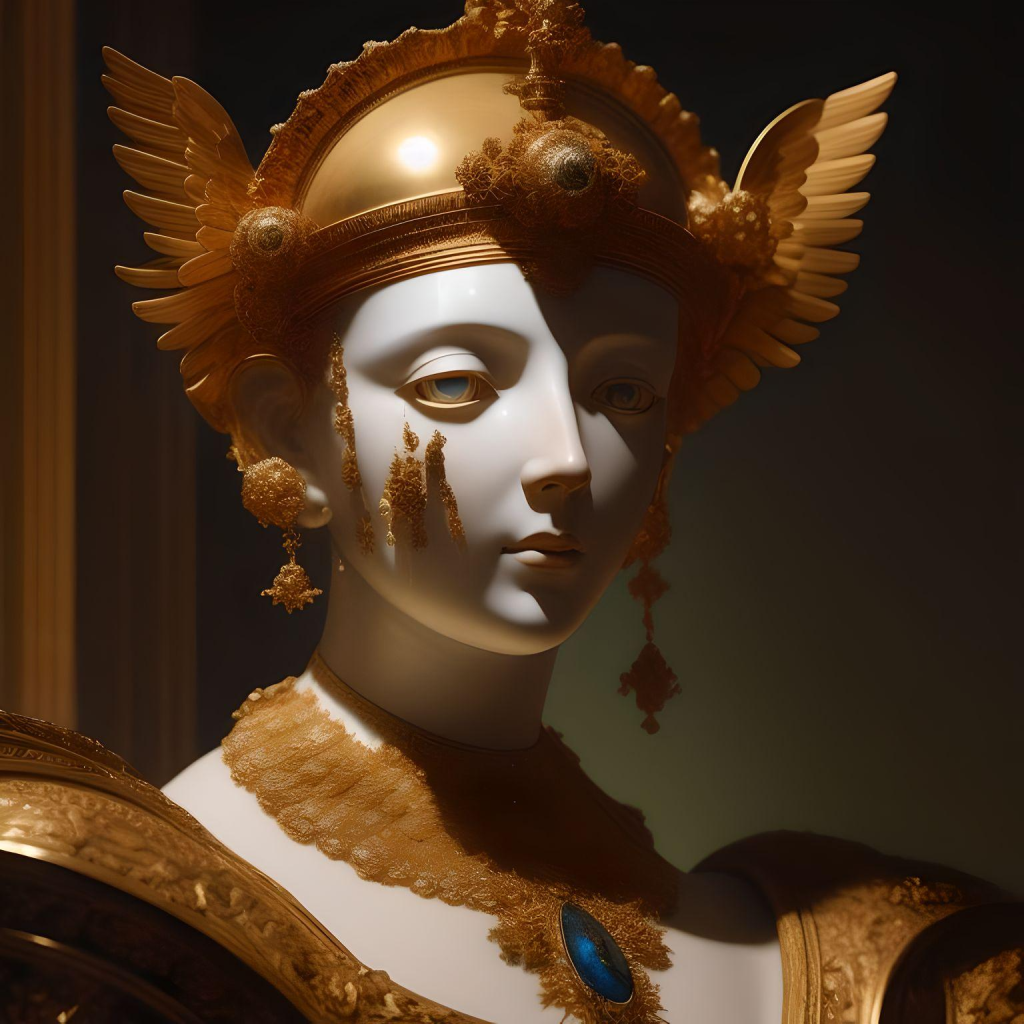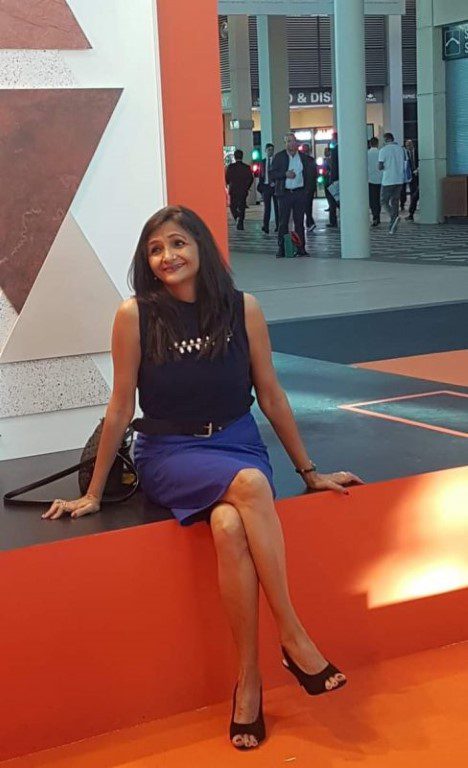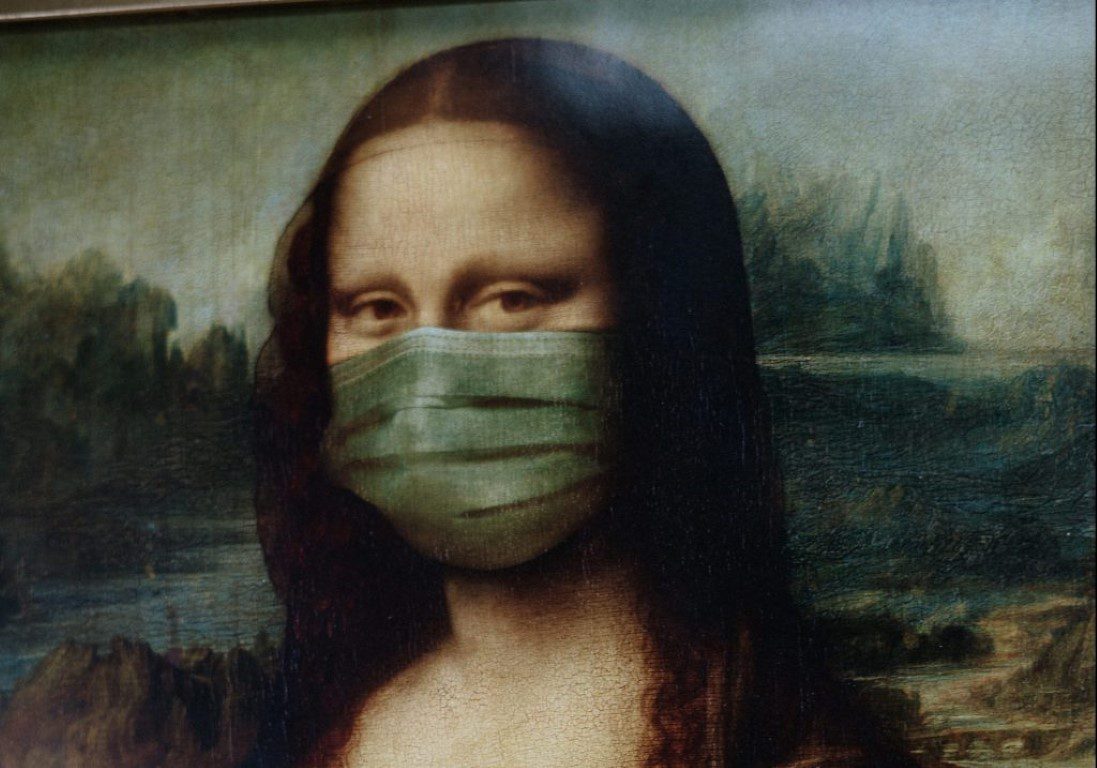This article delves into the potential biases and limitations of AI-generated images in shaping art history, highlighting concerns about skewed representation and the need for diverse perspectives in the evolving landscape of artificial intelligence.
Artificial intelligence (AI) applications have revolutionised various fields, including art creation and research. However, the use of AI in generating images has raised concerns about potential biases and an “averaged” view of art history. Recent studies have demonstrated that AI algorithms can replicate racial and gender biases even more disproportionately than in the real world, reflecting existing social inequities and flawed data used to train these systems.
Many AI image-generating apps do not disclose their training data sources but often rely on scraping massive volumes of images from the internet. This approach is likely to reflect the interests of a majority of internet users, potentially neglecting visual cultures and art histories outside the popularised Western canon. The lack of online resources and limited access to materials related to geographies such as the Global South further compound the challenge of creating inclusive and diverse datasets.
One notable dataset used to train text-to-image models is LAION-5b, which draws images from Western sources, stock photo repositories, and WordPress server networks. Although AI models may have some knowledge of non-Western artists and visual styles, the default representations tend to be influenced by Western archetypes. The process of generating “mean images” or average representations scraped from the internet erases the margins, potentially sidelining art histories and visual cultures outside the established canon.
However, some artists are actively incorporating AI into their practice to counter these biases and represent diverse demographics and perspectives deliberately. They recognise the potential echo chamber effect of AI and the importance of participating in shaping the emerging field. By training custom generative adversarial neural network (GAN) models and working with generative AI models, artists like Linda Dounia Rebeiz aim to make their contributions visible and challenge distortions and stereotypes perpetuated by AI.

Cultural institutions and collections also play a crucial role in addressing these challenges. By contributing to AI datasets with their collections, institutions can ensure that AI reflects the global art history and highlights the role of different regions. Kevin Lim, the director of innovation and technology at the National Gallery Singapore, emphasiSes the potential for AI to uncover patterns and relationships beyond human perception, contributing to a more comprehensive discourse.
As AI technology evolves, experts anticipate the need for curators, historians, journalists, and artists to curate their own models and data to stimulate diverse narratives and pathways for the public. Recognising biases in existing systems and grappling with the legacy of the art world’s relationship with technology will be crucial in developing new tools that truly encompass a wide range of perspectives.
While AI has opened up new possibilities in the art world, it also poses challenges in shaping art history narratives. The potential biases and limitations of AI-generated images call for greater diversity, inclusivity, and conscious curation to avoid perpetuating skewed representations. By actively engaging with AI technologies and advocating for diverse perspectives, artists, institutions, and researchers can shape a more inclusive and polyphonic future for the intersection of art and artificial intelligence.
How Relevant is Creativity in Times of the AI Revolution? Click to know

Contributor






